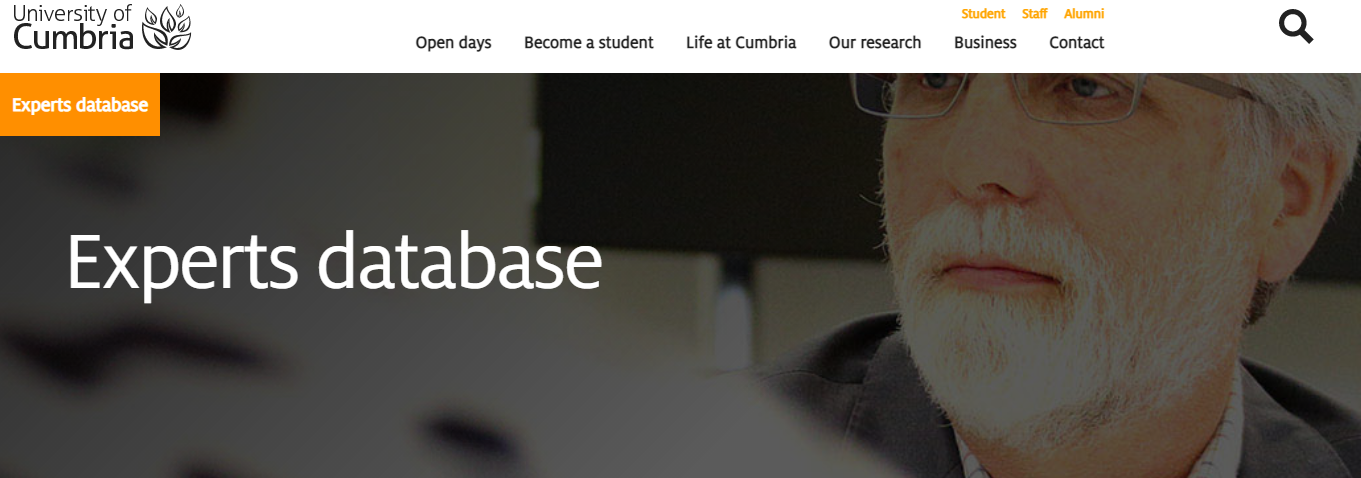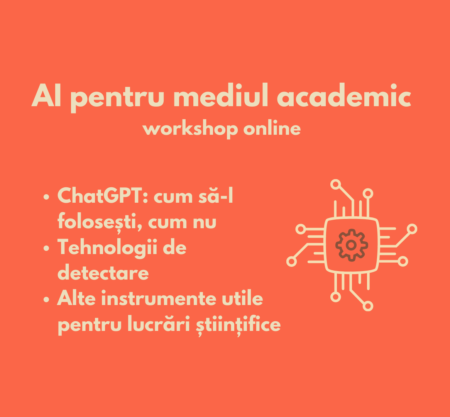Although it does not seem to have anything to do with communication or promotion, a register or directory of experts is essential in any research institution.
Consider the following situation: the press is buzzing about a certain topic, say "possible life on Venus", and would like to provide context, explanation or insight from one or more Romanian experts. Who are they calling? How do they do it? Journalists are inventive and will always find a solution, but surely institutions could make their job easier by being more transparent, by being willing to contribute to the conversation in society. It's a win-win situation for both sides: journalists would save time and be sure to call on people with a reputation and real expertise in the field, and the experts interviewed would be real image ambassadors for their institution.
Abroad, most universities and research institutions have such a public register of experts, to which the press can turn whenever they need a relevant and knowledgeable voice to explain or comment on a topic of public interest.
The expert directory is a very good tool for communicating science, as it allows you to leverage the institution's most valuable resources - the people who are best in their field. Moreover, the participation of its researchers in public debates on topical issues of interest allows the institution to bridge the gap between the ivory tower image and real life.
Moreover, in this way, science fulfils one of its important roles in society, namely to provide a balanced, rational and calm perspective on issues that unduly inflame society.
I have three positive examples from Romania:
- BrainMap, which I've written about here before.
- Polytechnic University of Bucharest has a platform that doesn't seem to have been made with journalists in mind, but can be used to find experts in a particular field. Professors and researchers can be searched by area of expertise, but the amount of information available for each profile varies. Here you have an example of an almost complete profile.
- Association of Romanian Researchers Ad-Astra has a public catalogue of "Who's Who" members, which specifies researchers' areas of expertise. Unfortunately, searching by expertise is not available, you have to go through the list manually.
Some examples of what such an expert directory should or could look like:
Every month, I send a newsletter about Science & Communicationwith articles on how research can be better promoted in Romania. Includes what I write here on the blog, but also recent articles in other languages that I recommend and comment on.
You can subscribe here.





